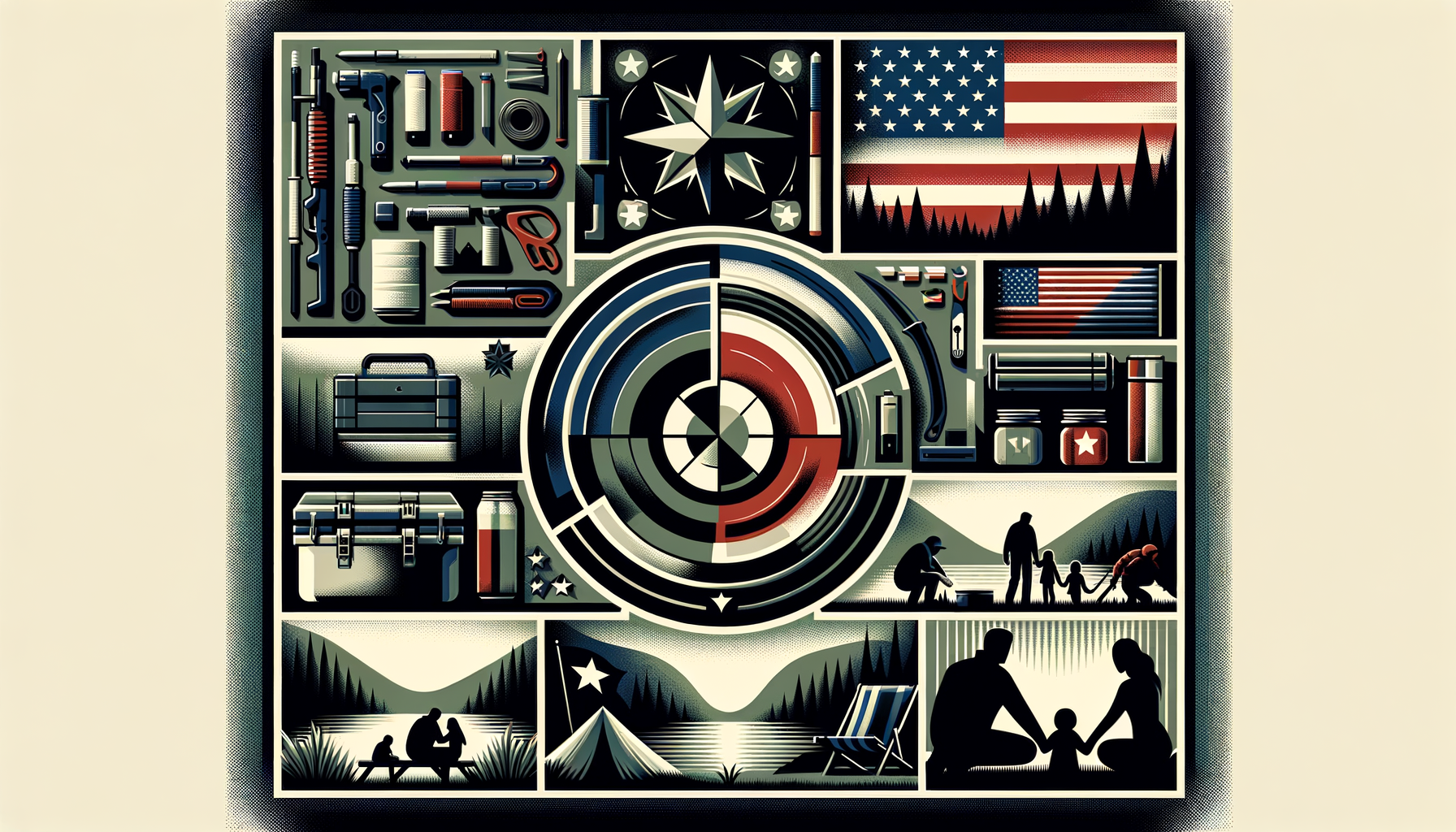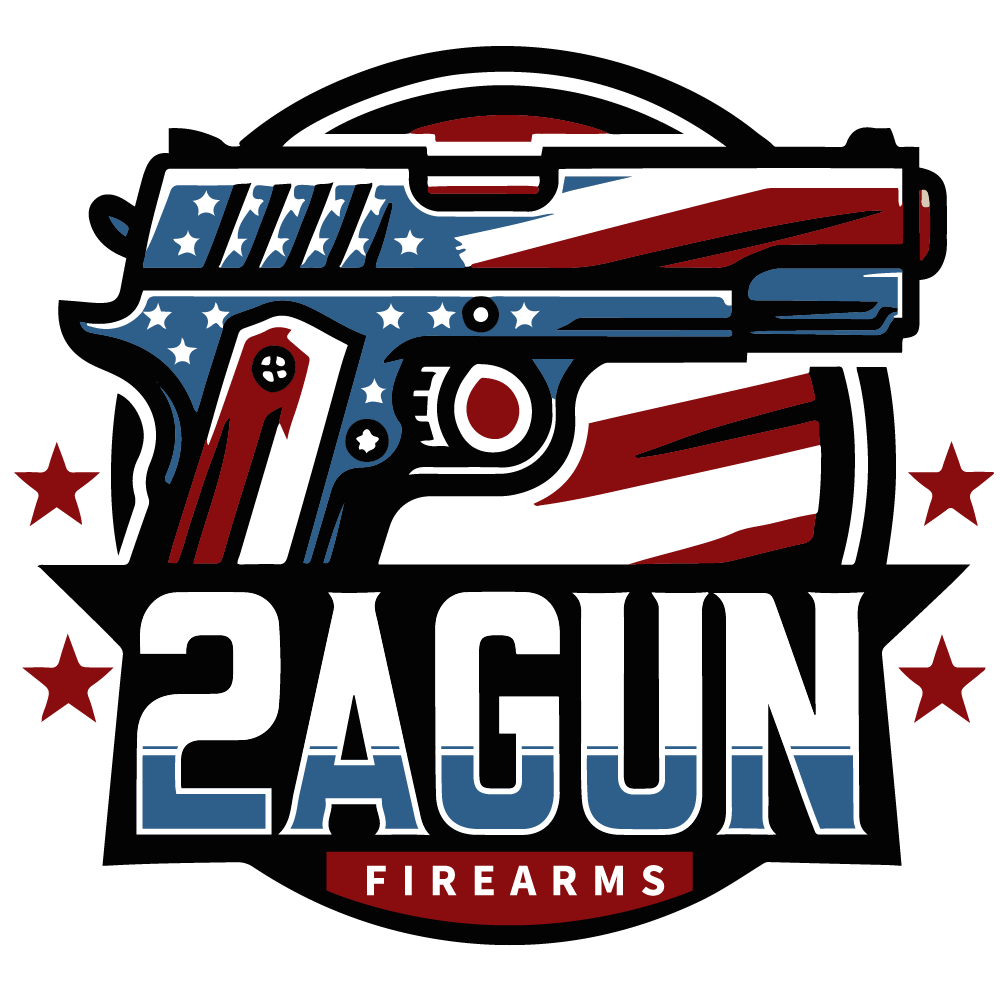How Many Americans Want to Ban Guns?

The debate over firearms and their regulation remains one of the most divisive issues in America today. For decades, pollsters, researchers, and policymakers have sought to gauge public opinion on the matter. One key question often asked is, “How many Americans want to ban guns?” While opinions vary based on how the question is framed, polling and studies provide some insight into where Americans stand.
Understanding Public Sentiment on Gun Bans
Nationwide polls help paint a broad picture of how different segments of the population feel about stricter firearm legislation or outright bans. A 2023 Gallup poll, for instance, found that 57% of Americans support stricter gun laws. However, support for a complete ban on private firearm ownership remains much lower, typically hovering around 20-30%, depending on the poll.
Key factors influencing these statistics include geography, political affiliation, and personal experience with firearms. Urban areas and voters who identify as Democrats tend to favor stricter regulations. Conversely, rural communities and those identifying as Republicans are more likely to oppose bans and advocate for Second Amendment rights.
Support vs. Opposition: A Closer Look
Breaking public opinion down further, surveys consistently show that Americans are divided on specific aspects of gun regulation:
- Support for Handgun Bans: Historically, fewer Americans have supported a nationwide handgun ban in their responses to polls. Gallup’s long-term trend shows this number has remained below 30% for over a decade.
- Assault-Style Weapon Bans: When focusing on so-called “assault-style” firearms, support numbers tend to rise. Many polls, including those from Pew Research, show roughly half of respondents favor banning these weapons.
- Universal Background Checks: Surveys suggest widespread bipartisan agreement on background checks, with approximately 85% of Americans supporting broader measures to ensure firearm purchases are reviewed.
Why Do Many Americans Oppose Gun Bans?
Understanding why most Americans oppose a full ban on firearms is essential to understanding the broader debate. Many Second Amendment advocates argue that firearm ownership is a fundamental right that protects citizens from tyranny and ensures personal security. Firearms are also deeply ingrained in American culture, serving purposes ranging from hunting and sports to personal protection.
Critics of sweeping bans often raise concerns about the effectiveness of such measures in reducing crime. They cite evidence that strict gun laws in some cities and states have not always correlated with lower homicide or violent crime rates. Additionally, there is skepticism over how well a nationwide ban could be enforced in a country with hundreds of millions of privately owned firearms already in circulation.
How Regional and Cultural Differences Shape Opinions
Regional and cultural differences play a critical role in shaping opinions about firearm bans in America. For example:
- Rural America: In rural states, hunting and recreational shooting are common pastimes, and many families grow up with firearms as part of their way of life. Banning guns would impact these traditions, which is why support for such measures is often much lower in these areas.
- Urban Centers: In cities plagued by gun violence, the push for stricter gun laws can be much stronger. Many urban residents and leaders view legislation as a solution to reducing shootings and gun-related crimes.
- Generational Divide: Younger Americans generally lean toward stricter regulations, though they are not uniform in supporting outright bans. Older Americans, especially those from hunting or military backgrounds, may be less receptive to the idea of handing over gun ownership rights.
Practical Solutions Americans Agree On
Despite polarized opinions on gun bans, certain measures receive widespread support across the political and cultural spectrum. These policies aim to address public safety without infringing on the constitutional right to bear arms. Consider the following:
- Enhanced Background Checks: Expanding and enforcing more robust background check systems have public support across the board.
- Red Flag Laws: Some Americans agree on laws enabling family members or law enforcement to petition courts for the temporary removal of firearms from individuals deemed a risk to themselves or others.
- Safe Storage Campaigns: Safety initiatives around firearm storage, such as promoting gun safes and locks, enjoy broad support from gun owners and non-owners alike.
These solutions demonstrate that while Americans are divided on comprehensive bans, there are opportunities for compromise in areas prioritizing public safety and responsible ownership.
Conclusion: The Future of the Gun Debate
The question, “How many Americans want to ban guns?” does not have a simple answer. Support for bans varies depending on how the question is framed, the type of firearm being discussed, and the social and political contexts shaping individuals’ beliefs.
At the core of the debate lies a shared interest in ensuring public safety while preserving personal liberties. While outright bans receive limited support, targeted measures like safer storage, background checks, and red flag laws provide a pathway for addressing the concerns of both firearm owners and advocacy groups. Understanding and respecting these differing views is critical if meaningful progress is to be made in this ongoing debate.
Whether you’re new to firearms or a seasoned owner, staying informed and engaged ensures that our rights and responsibilities are upheld for generations to come. Visit 2AGun.com for more insights and resources related to firearm safety, ownership, and education.



